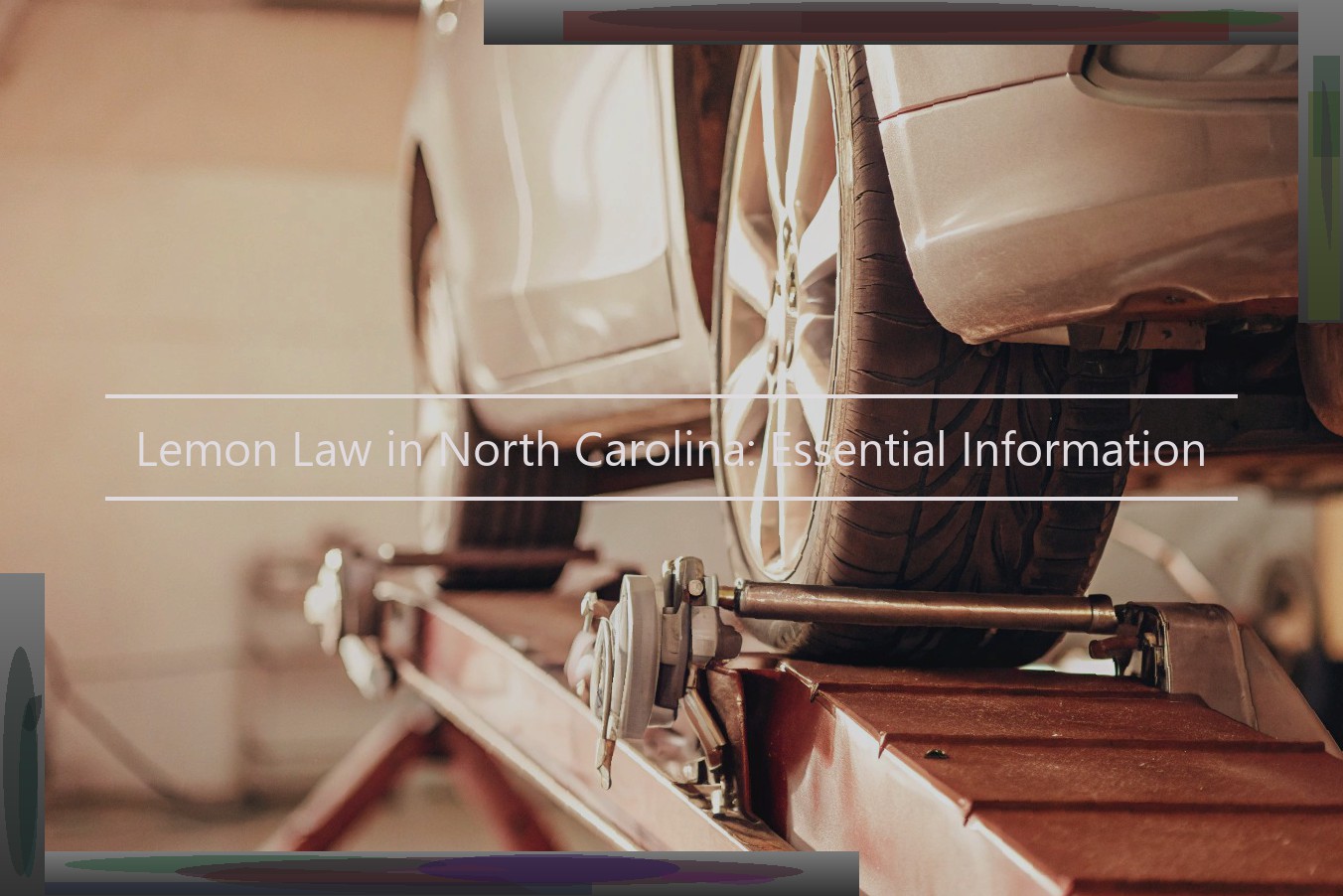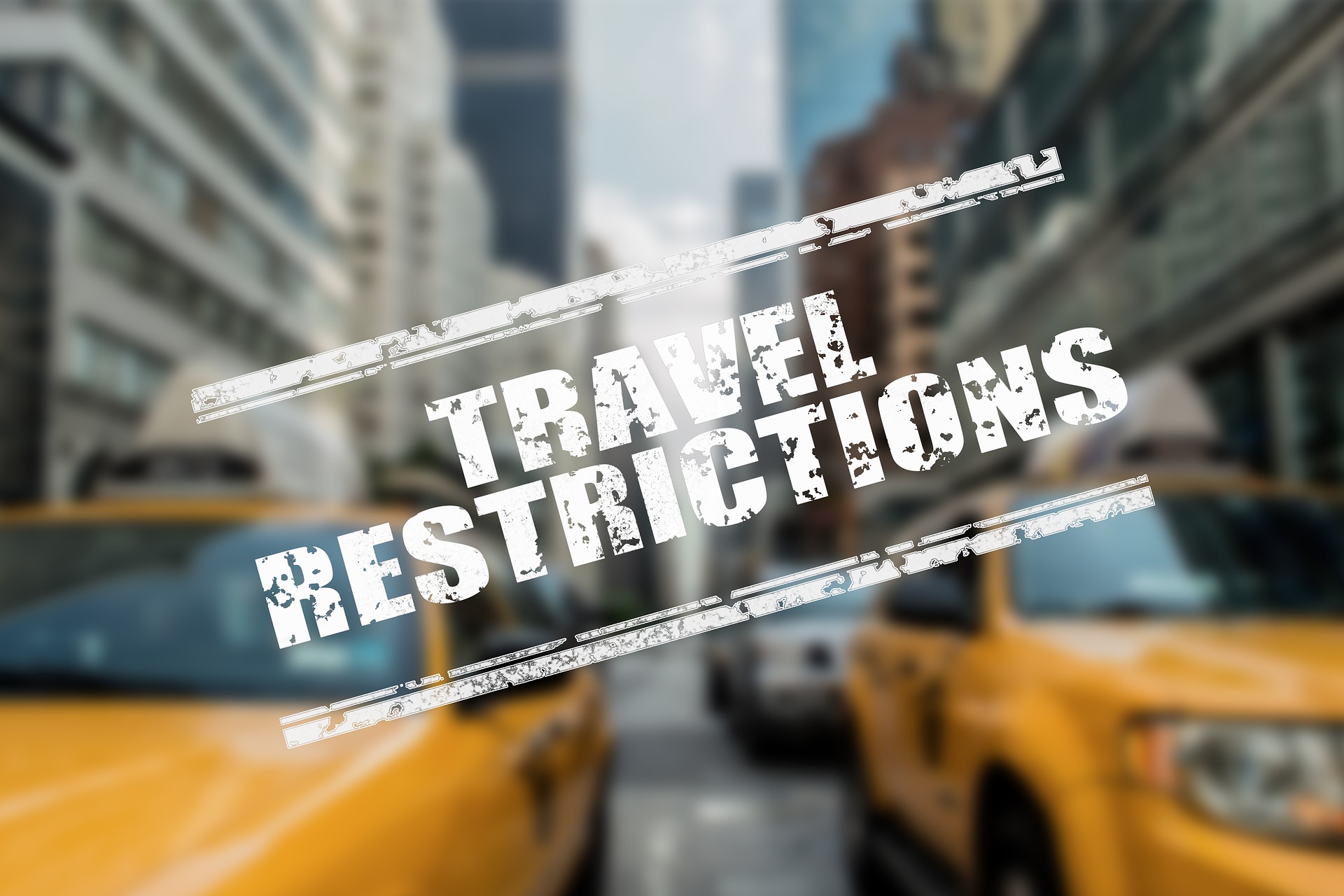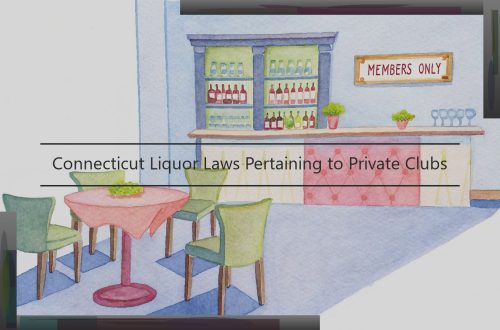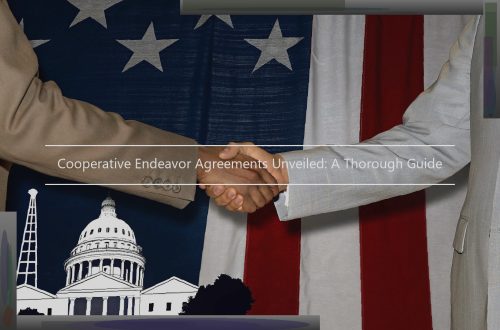Lemon Law in North Carolina: Essential Information
What is Lemon Law?
Lemon law is the body of law which protects new car buyers from getting a defective car. Generally, lemon law covers defects within the initial warranty period. In North Carolina, an owner is entitled to a refund of the purchase price or replacement of the vehicle if the vehicle has a defect that substantially impairs the vehicle, but that is not repaired within a reasonable number of attempts.
Usually, the vehicle warranty provides for a specified term and mileage coverage . If the vehicle is returned to the manufacturer within the warranty period with a defect, the manufacturer is required to provide a refund or replacement vehicle.
If the manufacturer does not comply with the initial warranty, the buyer will receive a reasonable time to repair the vehicle before a lawsuit is initiated. In North Carolina, a reasonable time is presumed after four attempts to repair the vehicle. However, the presumption may be overcome by showing the nature of the defect requires additional attempts to repair.

An Overview of the North Carolina Lemon Law
The North Carolina Lemon Law is retroactive to January 1, 1996 and applies to motor vehicles, including cars, vans, and light trucks, registered for highway use and sold in the State of North Carolina. The Lemon Law covers the sale or lease of new motor vehicles. However, if a vehicle is purchased for resale, business, or commercial purposes, the Lemon Law will not apply. The Lemon Law covers defects that occur during the first two years of a vehicle’s original retail delivery, or while the vehicle is still under the manufacturer’s warranty, whichever comes first. Keep in mind that even if you experience repeated problems with your vehicle, under the law only those problems either present from the beginning or that amount to a "serious safety defect" and which appeared while the warranty was still in force are considered when determining if your vehicle might be a "Lemon." In order to be eligible for Lemon Law relief, a consumer must buy or lease a vehicle that is defective and impairs the vehicle’s use, value, or safety. The vehicle must also have been brought to the manufacturer’s authorized service center for repair. A manufacturer may have between 1 and 4 attempts to fix the defect, depending on the nature of the defect. A Lemon Law action must be initiated within 3 years of the vehicle’s original retail delivery. To recover under North Carolina Lemon Law, the consumer must show that: Many people more familiar with consumer law programs in other states might find that these requirements differ from what is required to recover under the Federal Magnuson-Moss Warranty Act. The Federal Act covers defects and nonconformities occurring up until four years from the vehicle’s original in-service date, or while still under warranty, whichever comes later. However, even if a state consumer protection program may be more limited than one available under federal law, the state program offers a much easier path to recovering relief. Sometimes investigations may determine that the federal program covers certain circumstances, but it is easier to recover under a state program. North Carolina Lemon Law also gives the consumer the benefit of the fact that recovery is not limited to both consumer attorneys’ fees and a return of the purchase or lease price of the vehicle. It can also include additional actual damages, less a reasonable allowance for the consumer’s use of the vehicle, attorney’s fees, and additional relief as a court finds just. This means that the lemons laws leave room for the Court to more generally make a determination as to what consumer remedies should be awarded, depending on the circumstances.
Lemon Law Eligibility
Under the North Carolina Lemon Law (N.C. Gen. Stat. § 20-351.1), a vehicle is eligible for a Lemon Law claim if it meets the following criteria when original delivery occurs:
a. The vehicle is a passenger motor vehicle designed to transport no more than 10 persons;
b. The vehicle is purchased or leased to be registered in North Carolina;
c. The vehicle has not previously been registered to a person other than the manufacturer, distributor, or dealer;
d. The vehicle is purchased or leased within the following time limit and meets the mileage limit provided in sub-subdivision e. of this section:
- For a new vehicle that was material so as to influence the buyer to make the purchase, the defect occurred while it was covered by the express warranty, and was first reported to the manufacturer, its agent, or its authorized dealer for repair within 36 months after the date of original delivery to the consumer or 36,000 miles after the date of original delivery to the consumer, whichever occurs first.
- For a vehicle for which a defect or condition was first reported to the manufacturer or its agent or authorized dealer for repair after 36 months after date of the original delivery to the consumer or 36,000 miles after the date of original delivery to the consumer, whichever occurs first, the vehicle shall not be considered a lemon vehicle unless the consumer has given the manufacturer a reasonable number of attempts to repair any problem reported to the manufacturer or its agent or authorized dealer within the original full warranty period. To constitute a reasonable number of attempts, an attempt to repair must have occurred within the first 36 months after the date of the original delivery to the consumer, except that an attempt to repair any defect or condition in the engine, transmission, drive train, rear axle, axle shafts, brakes, exhaust system, steering mechanism, frame, chassis, or fuel system shall have occurred within the first 48 months after the date of original delivery to the consumer. The dealer shall make those repairs that the dealer deems necessary to correct the defects or conditions within the scope of coverage of the original express warranty.
- For a vehicle for which a defect or condition was first reported to the manufacturer or its agent or authorized dealer for repair after 36 months after date of the original delivery to the consumer or 36,000 miles after the date of original delivery to the consumer, whichever occurs first, the vehicle shall not be considered a lemon vehicle unless the consumer further shows that the requested repair is covered under the express warranty issued by the manufacturer, that the defect may significantly affect the vehicle’s use, market value, or safety, and that the requested repair has not been successful.
e. The vehicle has accumulated fewer than 125,000 actual miles on its odometer when the defect is first reported to the manufacturer or its agent or authorized dealer for repair.
Filing a Lemon Law Claim
In North Carolina, lemon law disputes with manufacturers can go either way: either through arbitration or civil court. Regardless of whichever way you choose, the process is essentially the same and we will discuss it further. The process opens when you have a defect which has been subject to, and has failed, at least one attempt at repair. It should take no more than 10 days to secure an appointment with the dealer to make the repairs initially. Once this is done, if the same defect is still present and causing you problems, you will then be required to obtain a second attempt at repair.
You may, under certain circumstances, choose to skip entirely the first two attempts at repair and proceed directly to conflict resolution. Before that, however, it is important you understand the basic requirements for such a decision. You must have given your dealer a reasonable number of attempts to fix your vehicle. This has a strict meaning.
According to the law, a "reasonable number of attempts" means either:
What constitutes "reasonable" can be a complicated determination and is best left to your lawyer to decide.
A "reasonable" number of consecutive days a motor vehicle is out of service because of repairs required by the warranty terms is deemed to be in excess of 30 days. When a warranty requires service for repair of a defect, the manufacturer’s obligation to replace the vehicle or refund the purchase price begins on day 31.
The repairs required by warranty are typically covered by the implied warranty of merchantability. This means the vehicle is covered even if the problem is not specifically named under the lemon laws of North Carolina. Therefore, your dealer is allowed three attempts to repair any defect causing serious safety concerns, even if that problem is not specifically addressed within the warranty.
It is important, therefore, to obtain all repair orders from your dealership. Failure to keep these can enable them to discredit your statement and thwart your attempts at receiving compensation.
Possible Outcomes for a Lemon Law Claim
When you bring a lemon law claim, it is important to have an understanding of potential outcomes. There are three major ways that lemon law claims are resolved.
Replacement
For obvious reasons, this is the preferred form of relief for consumers. The manufacturer replaces the defective car with a new one. However, some manufacturers have been known to delay the process by trying to correct the defect even after the arbitration/mediation has commenced. Consumers are cautioned to avoid agreeing that the manufacturer will "observe the problem" for another 30 or 60 days.
Refund
If the vehicle cannot be replaced, the manufacturer may be required to perform a refund. This includes the purchase price for the vehicle, license and registration fee, destination charges, and finance charges . Refund for vehicle registration fees is generally limited to the time during which the consumer owns the car. If the vehicle is a trade-in, the consumer will only receive the trade-in value. In addition, the manufacturer will not have to refund sales taxes, dealer-installed options and accessories, down payment, title fees, motor vehicle repair insurance, or extended warranties. If parts were replaced on the car at the time that the consumer was in Georgia, those parts will have to be replaced by the manufacturer as well, but will not be part of the refund.
Repair
Sometimes claims are made that the defect was cured. In this case, the case may settle as an "acceptable number of repair attempts."
Common Obstacles to Lemon Law Claims
Navigating the lemon law process can be filled with various difficulties for consumers. One common issue is that not all manufacturers participate in the lemon law program in North Carolina. Three principal manufacturers (Toyota, Subaru, and Volkswagen) have breach of warranty arbitration programs, which may be a viable alternative. As a lawyer practicing in the area of lemon law and franchised motor vehicle dealer law, I have seen many cases resolve without the necessity to file a claim under the lemon law program.
Many consumers are surprised to find that they must pay an arbitrary $50.00 filing fee for lemon law arbitration. If the consumer isn’t awarded anything by the arbitrator, the filing fee is non-refundable. This filing fee catches even some veteran lemon law lawyers off guard, so be sure you understand this before you file a complaint.
Another common pitfall is the requirement to exhaust "all express warranties" on your vehicle. The term express warranty is defined as "any written statement in a record separate from the sales contract if . . . [i]t names or describes one or more of the following: (A) the benefit to the consumer upon whom performance is conferred; (B) the nature and terms of any limited remedy or remedies; (C) the duration of the performance." If you are having a problem with your vehicle shortly after your purchase or it is for a defect which you don’t believe should be covered under the express warranties the manufacturer provided, you may find it difficult to bring a successful lemon law claim.
In many cases, consumers fail to understand the need to cite specific statutes in their lemon law complaint. If you seek redress under the North Carolina lemon law, you will be required to put the manufacturer on notice of the grounds of your claims. Unfortunately, the law is clear that "to change grounds at a later date or to come into compliance, is inconsistent with an easily understandable and workable law." Roberts Automotive, Inc. v. Mt. Laurel Motors, Inc., A.L.R.B. Case No. 4113, at 11 (N.C. Super. Ct. Apr. 21, 1997) (order available from author). Therefore, cited legal authority must be contained in your initial complaint.
Lemon Law FAQs
Q: What constitutes a vehicle that has been fixed under the lemon law?
A: To qualify as having been a "lemon" that has been fixed, a vehicle must have undergone "a series of repair attempts." As such, one single repaired was unavailing does not constitute complying with North Carolina’s lemon law. As an example, where a brand new vehicle had a single repair attempt performed, the vehicle cannot be said to have been a lemon that was fixed.
Q: How does the lemon law function in the state of North Carolina?
A: Under the law, you have to afford the dealership or manufacturer a chance to remedy the problem that is the basis of your lemon law claim. The vehicle must have been serviced four separate times, for the same issue, over the course of a single year. You have to prove that the problems are "nonconformities," or have not been fixed , to be eligible for a reimbursement or another vehicle.
Q: Is someone else’s purchase of the car relevant in my own lemon law case?
A: No. Only your particular transaction in which the defective vehicle was purchased will be considered in determining whether you have a lemon law claim.
Q: If I can prove my car is a lemon, how long can I wait to pursue lemon law relief?
A: You can wait up to 18 months after purchase. Unless the problem you’re complaining of arose at or near your purchase date, you are required, by law, to make your claim within 18 months after purchase.
Q: How long do I have to prove my vehicle is a lemon?
A: Because you have the right to one final repair opportunity before a lemon law claim actually accrues, you have to make such a proving action to the manufacturer within one month after the vehicle has been in the shop being repaired for a total of 30 days.



